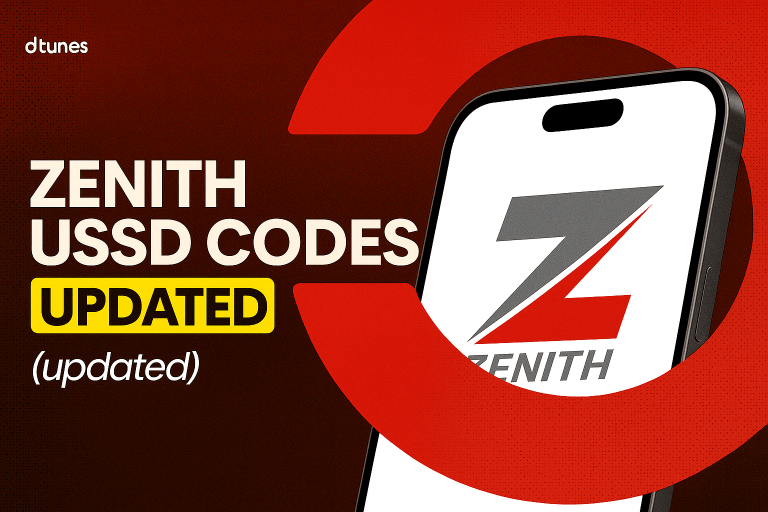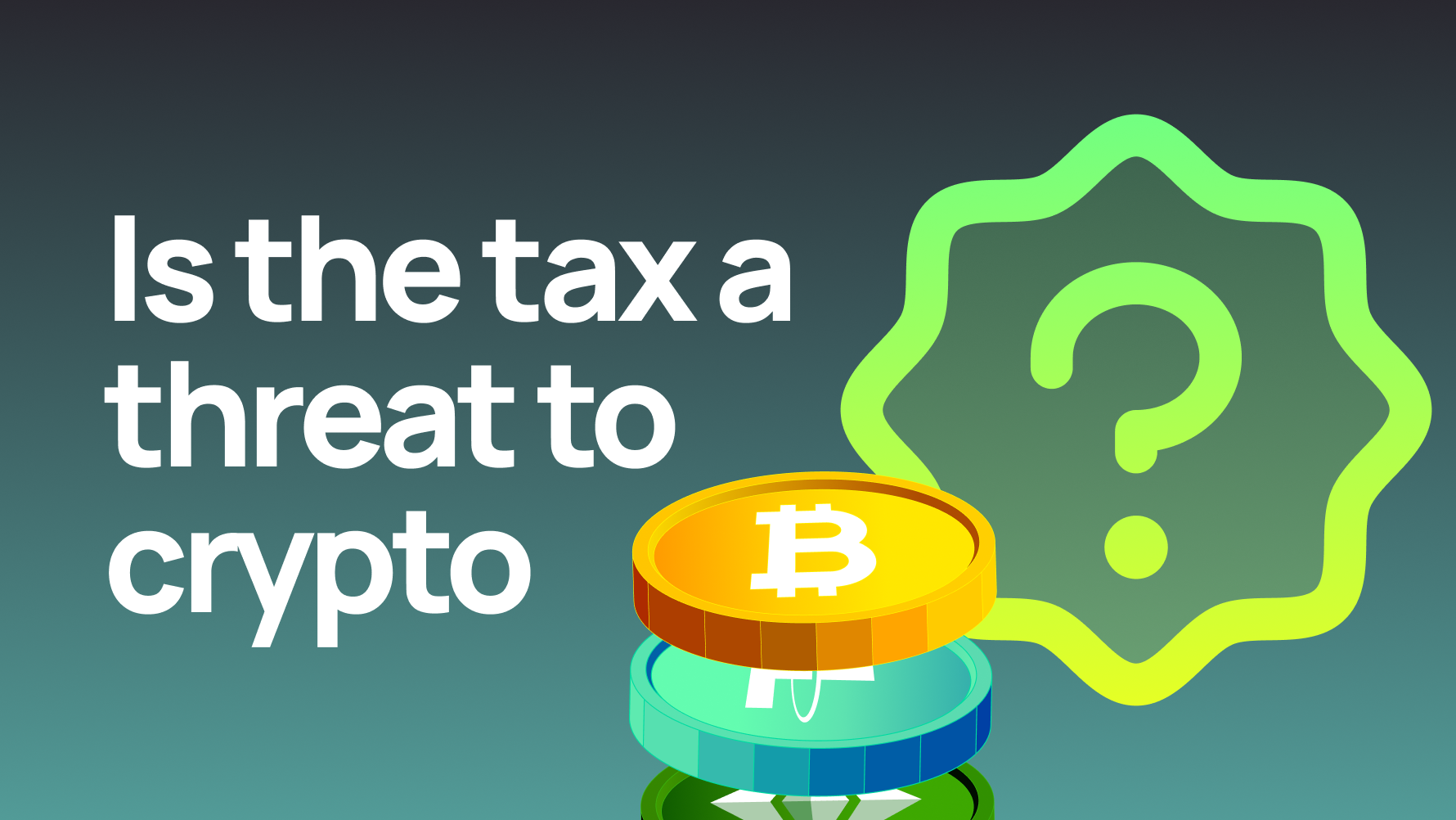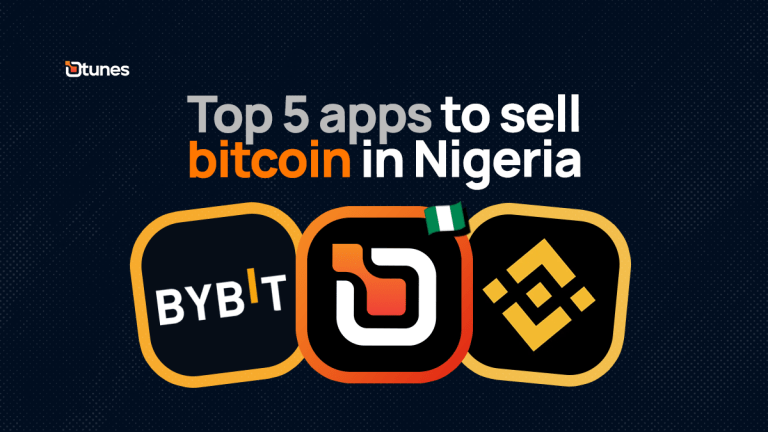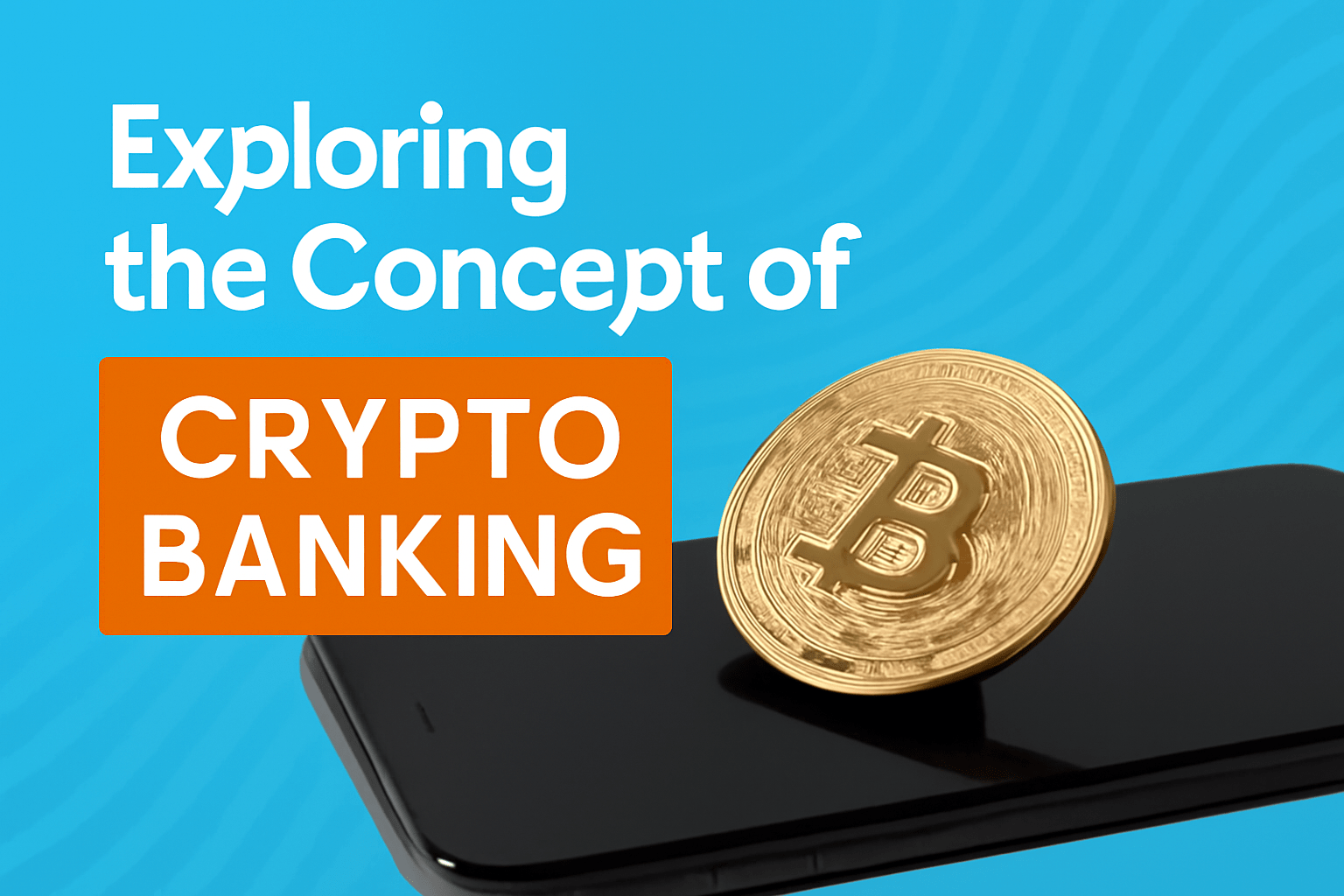
Exploring the Concept of Crypto Banking
The paradigm shift the world is experiencing from traditional to crypto banking is not just a passing trend. It’s a transformative innovation to change people’s perception and interaction with money.
The fusion of traditional banking systems with blockchain technology has given rise to the revolutionary concept of crypto banking. Investors, traders, and financial institutions are switching to cryptocurrency and crypto banking.
It’s not just about Bitcoin alone. It’s about how we save, spend, invest, and borrow in a world that is digitally borderless and fast.
Should you care? Triple A states that global crypto adoption numbers now stand at 562 million. Apart from global adoption, nationally, Nigeria is second on the 2024 Global Crypto Adoption Index.
Crypto banking is here to stay, and we can expect more development and exciting news. Run through this guide to understand everything you need to know about crypto banking.
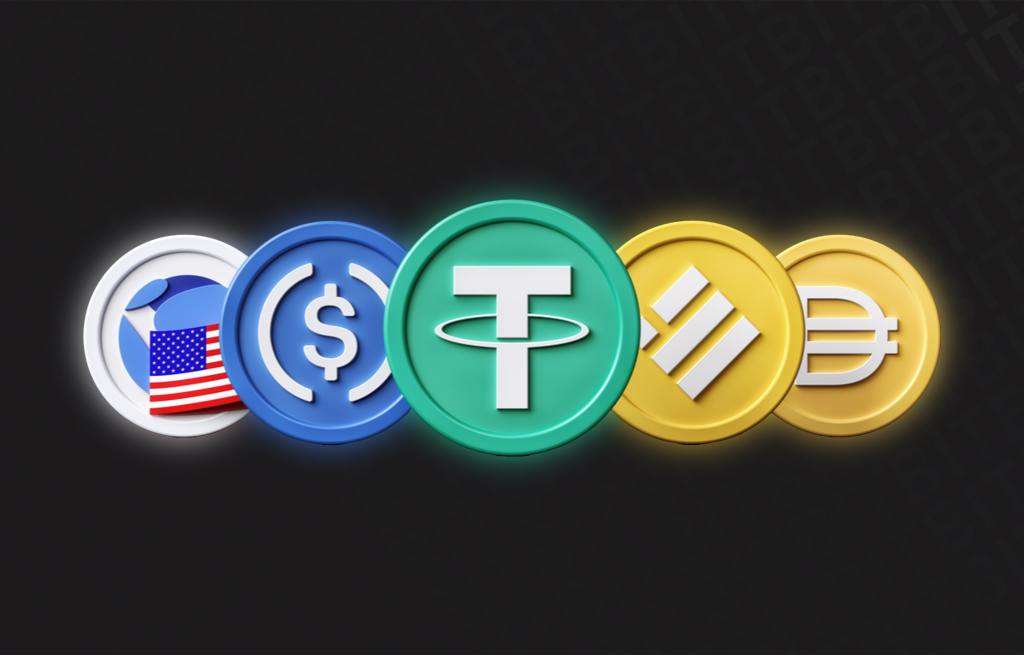
What Is Crypto Banking?
Crypto banking is the provision of financial services using digital currencies, whether fully on the blockchain (like DeFi protocols) or through centralized crypto-friendly banks and platforms like Revolut, Binance, or Coinbase.
They provide banking services that facilitate the use of cryptocurrencies. Unlike traditional banking, which deals with fiat currencies like the naira or dollar, crypto banking operates with digital currencies such as Bitcoin, Ethereum, and stablecoins like USDT.
Crypto banking’s services cover a wide range of financial activities, including
- Crypto custody services
- Crypto-backed lending
- Yield-generating savings
- Digital wallets and spending via crypto cards
- Payments and remittances using stablecoins
- Onboarding for crypto investors and businesses
Think of crypto banking as borderless banking with no middlemen or restrictive systems.
Traditional Banking vs Crypto Banking
| Traditional Banking | Crypto Banking |
| Bank controls your funds | You control your keys (self-custody) |
| Closed on weekends | 24/7 availability |
| High remittance fees | Low-cost cross-border payments |
| KYC required | Optional or decentralized onboarding |
| Centralized records | Immutable blockchain ledger |
Cryptocurrency banking is a fintech and lifestyle innovation. Even with the pushback from governments and traditional banks, the public acceptance isn’t something anyone can argue with.
Services Offered in Crypto Banking
Cryptocurrency’s banking services cover a wide range of financial activities such as;
- Crypto custody services
- Crypto lending and borrowing
- Payments and Stablecoins
- Crypto debit cards
1. Crypto Custody Services
Traditional banks like BNY Mellon and Standard Chartered now offer custody solutions for digital assets. Custody refers to securely storing private keys vital for institutions entering crypto.
2. Crypto Lending and Borrowing
Platforms like Aave and Compound allow you to earn interest on crypto or borrow against your holdings. Some centralized options like Nexo and BlockFi offer 8-12% APY on stablecoins, far above the sub-1% in many traditional banks.
3. Payments and Stablecoins
According to Coinbase, Stablecoins settled $10.8T worth of transactions in 2023, of which $2.3T were related to organic activities including payments and cross-border
Using stablecoins like USDT, USDC, or DAI, users can send payments globally in seconds. Companies like Circle and Tether are leading players in this space.
Dtunes: Best app to sell USDT in Nigeria
4. Crypto Debit Cards
Binance, Crypto.com, and Coinbase offer crypto Visa cards that let you spend BTC, ETH, or USDT as easily as naira or dollars with instant fiat conversion.
How Banks Are Integrating Crypto Services
Traditional financial institutions are increasingly recognizing the potential of cryptocurrencies. Here’s how they’re integrating crypto services:
1. Smart Contracts
Smart contracts are self-executing contracts with the terms directly written into code. Banks are exploring their use to automate processes like loan disbursements and compliance checks, reducing the need for intermediaries and enhancing efficiency.
2. Custody Services
Banks are offering custody solutions to securely store digital assets on behalf of clients. For instance, the Office of the Comptroller of the Currency (OCC) in the U.S. has authorized banks to provide crypto custody services, ensuring the safekeeping of cryptographic keys.
3. Onboarding and Support
Financial institutions are developing user-friendly platforms to onboard clients into the crypto space. By providing educational resources and expert support, they aim to demystify cryptocurrencies for the average user.
Why Does Crypto Banking Matter?
- Financial Inclusion: Crypto banking offers an accessible alternative to many who are either unbanked or need better personalized banking experiences.
- Inflation Hedge: In high-inflation countries like Argentina, Turkey, or Nigeria, holding crypto can sometimes be more stable than fiat.
- Autonomy: No more frozen accounts or 48-hour delays. You’re the bank.
The Future of Crypto Banking
The World Economic Forum expects 10% of global GDP could be tokenized and stored on the blockchain by 2027. Crypto banking will soon stop being a buzzword. Instead, expect
- Central Bank Digital Currencies (CBDCs) are mainstreaming blockchain tech.
- Tokenized assets such as real estate, stocks, and arts available in your wallet.
- Smart contract loans and savings fully replacing bank officers.
Final Thoughts
We have to move with the evolving times. Crypto banking is growing faster than most governments can regulate. If you’re curious about earning yield on stablecoins or seeking ways to build a crypto-powered fintech in Africa, now is the time to understand this space.
Do you have more questions? (FAQs)
1. How do I invest in cryptocurrency?
Any investor can purchase cryptocurrency from popular crypto exchanges such as Coinbase, apps such as Cash App, or through brokers.
Another popular way to invest in cryptocurrencies is through financial derivatives, such as CME’s Bitcoin futures, or through other instruments, such as Bitcoin trusts and Bitcoin ETFs.
2. What is the cheapest way to convert crypto to cash
You can convert your crypto to cash on Dtunes.
3. What are the key differences between traditional banking and crypto banking?
Traditional banking is centralized and controlled by institutions, while crypto banking is decentralized and uses blockchain. Crypto banks offer 24/7 access, lower fees, and user control, while traditional banks provide more regulation and support.
4. Is crypto banking safe for beginners?
Yes, crypto banking can be safe for beginners if they use trusted platforms, enable 2FA, and secure their private keys. Avoid sharing seed phrases and consider using hardware wallets for better protection.
5. How do stablecoins support real-world crypto banking?
Stablecoins enable fast, low-fee payments, crypto savings, and lending. They keep a stable value and are widely used for remittances, everyday transactions, and DeFi services globally.
There’s More on Dtunes
- How to Sell Tron (TRX) in Nigeria
- How to Sell Bitcoin Cash (BCH) in Nigeria: The Expert’s Guide
- How to sell USDT TRC-20 in Nigeria
- How to Sell Litecoin For Cash In Nigeria
- What is Ethereum, Smart Contracts, Gas Fees, Mining & Use Cases
- How to Sell Ethereum In Nigeria At The Best Rate
- How to Make Money with Crypto Without Trading
- 10 Factors for Choosing the Best Crypto Wallet in Nigeria
- The Best Prestmit Alternative to Sell Bitcoin in Nigeria
- 5 P2P Apps to Sell USDT in Nigeria Fast
- Dtunes: Best app to sell USDT in Nigeria
Godwin has spent the last 5 years making SEO magic happen and now leads as SEO Manager at Dtunes. When he’s not tweaking search rankings, you’ll catch him vibing to music, playing games, or hanging out with friends.


